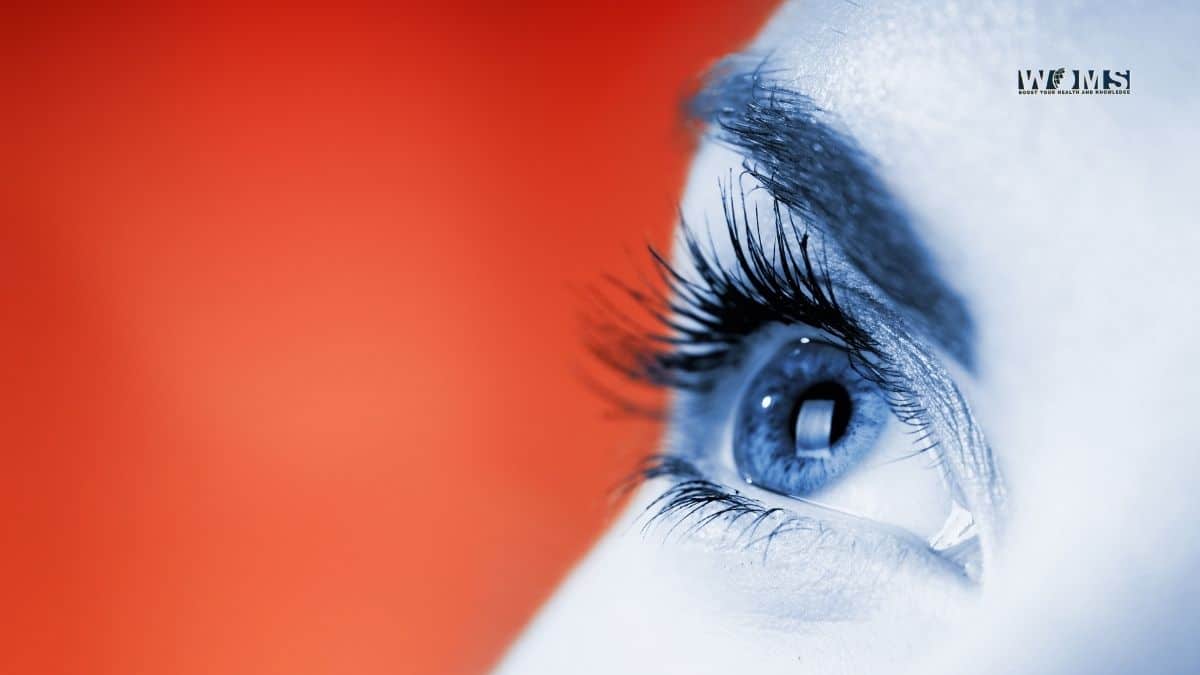7 Daily Habits to Keep Healthy Eyes

Your lifestyle creates a massive impact on your health and fitness.
Being inactive, having an unbalanced diet, smoking, and drinking too much alcohol can cause a myriad of health issues, including obesity, cardiovascular, respiratory, muscular, and skeletal conditions, and mental wellness difficulties.
Failing to practice simple yet good habits, such as washing your hands regularly, sleeping too late at night, and not drinking enough water, can affect your overall well-being as well.
Specialists from an optical company in the UAE also say that having an unhealthy lifestyle and bad habits can affect your eyes and vision.
For instance, smoking can make you more susceptible to various eye conditions, such as cataracts and age-related macular degeneration or AMD. This unhealthy habit can also damage your optic nerves, which can have adverse effects on your vision.
Lifestyle Changes That Help You Maintain Healthy Eyesight
If you want to protect your eye health, include these important habits in your daily life.
1. Keep your eyes protected from the sun at all times
Frequent exposure to sunlight increases your risk for AMD and photokeratitis or cornea sunburn.
Because of this, make it a habit to wear sunglasses when you go outdoors.
However, avoid buying and wearing cheap sunglasses. They do not provide full protection; thus, they are often useless against harmful UV rays.
As such, when buying new sunglasses, choose ones with lenses that have UV protection. Also, get a pair with oversized frames so that they can also protect the delicate skin around your eyes.
If you are wearing eyeglasses, opt for UV-coated lenses to protect your eyes from both UVA and UVB rays when you go outdoors.
Lastly, wear a cap, hat, or visor for additional protection, especially if you are on the beach or any outdoor place during the hottest parts of the day.
2. Follow the right practices for wearing contact lenses.
If you wear contact lenses, following the correct practices for handling and storing them plays a key role in maintaining your eye health.
Here are some of the important steps you have to follow every day:
- Washing your hands thoroughly before handling your contacts.
- Throwing used solutions and never reusing them.
- Sterilizing the contact lenses case regularly.
- Storing contact lenses in their case when not using them.
- Avoiding using contact lenses beyond their expiration date.
- Throwing expired solutions.
- Never touching the tip of the solution bottle with your hands or eyes.
- Keeping your contact lens case and solution in a clean place where they won’t be exposed to germs and bacteria.
Make sure you follow these practices if you want to continue wearing contact lenses safely.
3. Wash your hands frequently
If you still need another reason to wash your hands properly frequently, here’s one: Many eye infections are caused when you touch your eyes with dirty hands.
Different types of bacteria and germs cling to your hands all the time. Examples of these are salmonella, staphylococcus, and streptococcus.
These microorganisms can cause pink eye or conjunctivitis, keratitis, and other bacterial infections.
Aside from the discomfort and inconvenience these eye conditions bring, leaving them untreated can cause long-term eyesight damage.
To keep your eyes healthy, follow the proper handwashing routine and do it frequently throughout the day.
4. Avoid rubbing your eyes.
Even if you wash your hands frequently, avoid touching and rubbing your eyes. Doing so increases your risk for eye infections and irritation.
Additionally, rubbing your eyes vigorously and frequently can stretch the delicate skin in this area, causing the appearance of wrinkles and fine lines.
Moreover, it can lead to a corneal abrasion, elevate eye pressure, and cause visual distortions, such as seeing halos and black spots.
Instead of rubbing your eyes, address the source of your problem. If the presence of a cat or a lighted scented candle makes them itchy, avoid these triggers.
- Eat foods that keep your eyes healthy.
There are several important vitamins, minerals, and other nutrients found in foods that can help keep your eyes healthy. These include vitamins A, C, and E, zinc, beta carotene, lutein, and omega-3 fatty acids.
To boost your intake of these nutrients, add these foods to your daily diet:
- Carrots – this vegetable is packed with beta-carotene, lutein, and lycopene. These nutrients help protect your eyes from UV rays.
- Citrus fruits – fresh citrus fruits and juices are rich in vitamin C, which help protect your eyes against infections and diseases.
- Dark berries and grapes – these fruits are good sources of zinc and other nutrients that help support healthy vision.
- Green leafy vegetables – cabbage, kale, spinach, and other green leafy veggies contain vitamin A and antioxidants, plus more nutrients that help keep the eyes protected from common vision conditions, such as cataracts.
- Fatty fish – salmon, tuna, sardines, and mackerel are rich in omega-3 fatty acids, which also support eye health.
5. Modify your work setup
Enhancing your workspace to make it more eye-friendly can also help you maintain healthy eyesight.
Here are some tips for creating an eye-friendly work environment in your office or home:
- Ensure the overhead lights are not too bright or too dim when working or staring at the monitor.
- Keep your computer monitor or laptop below eye level and at least 20 to 26 inches away from your eyes.
- Adjust the brightness, text size, and contrast of your screen to properly suit your vision and make your eyes more comfortable.
Also, if you have poor eyesight, wear properly graded eyeglasses with UV and blue light protection.
You can also use blue light glasses if you have good vision as additional protection.
6. Rest your eyes frequently
Whether you’re working or using your mobile device for various reasons, rest your eyes frequently.
Make following the 20-20-20 rule a habit. This means looking away from your screen every 20 minutes for 20 seconds at an object at least 20 feet away from you.
This simple tip helps you relax your eyes and prevent dry eyes.
Also, whenever possible, go outside to get a complete break.
Lastly, see your optometrist regularly. Your specialist will be able to identify any issues you may have early and advise you about lifestyle changes that can help you maintain good eye health.
Regular eye checkups will also ensure you can keep your good vision for as long as possible and reduce any discomfort you feel when working or using your mobile devices.




